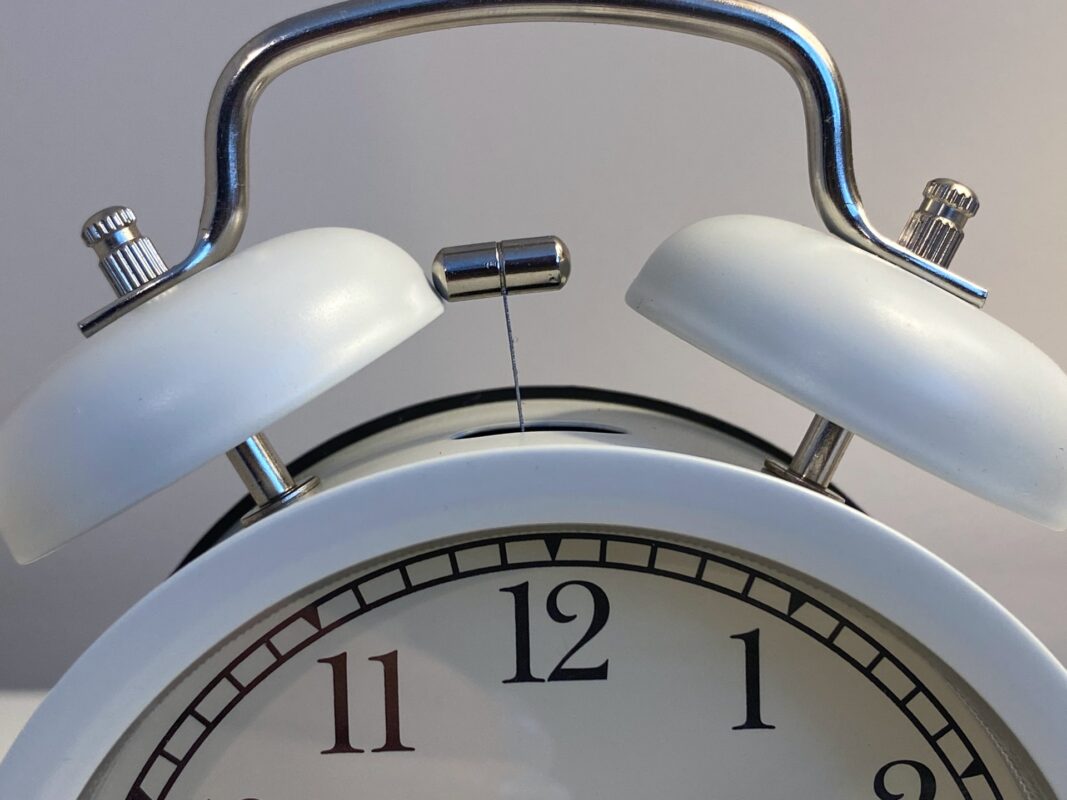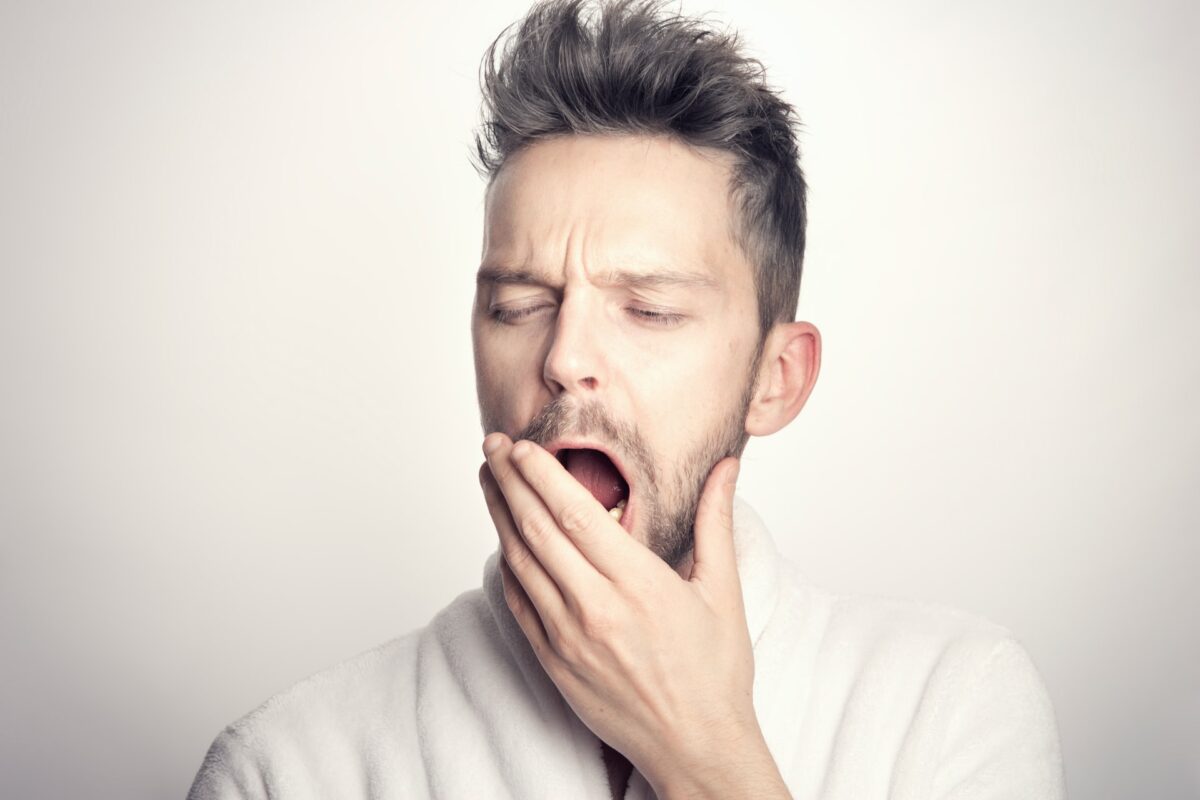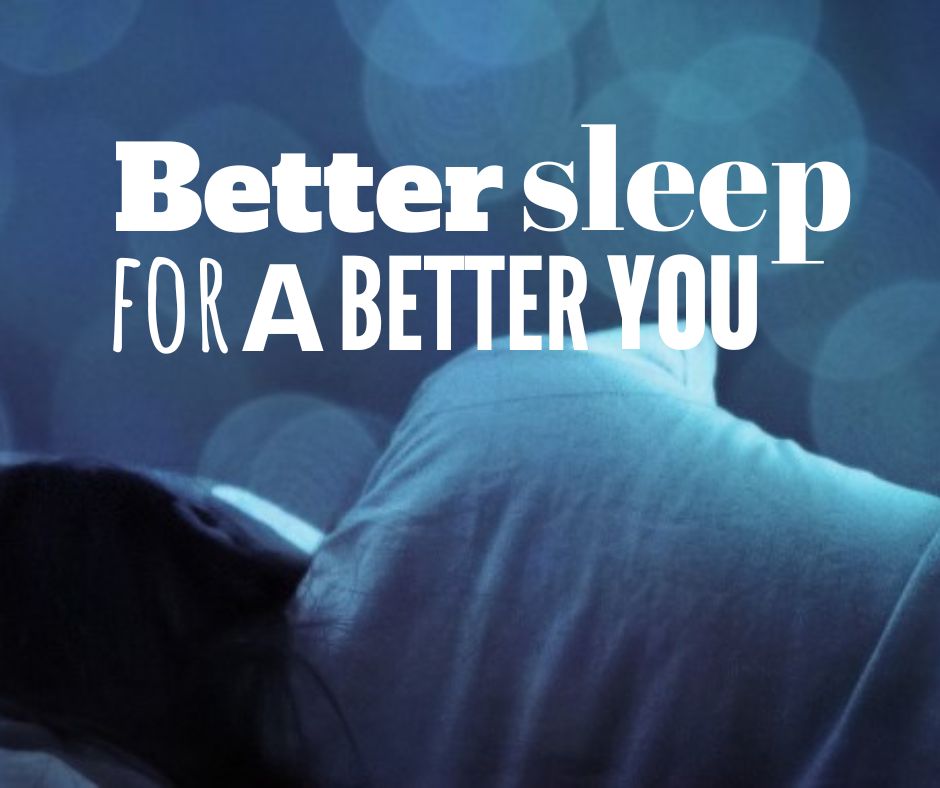Well Being
Better Sleep for a Better You
We’ll ask some pretty fundamental questions about sleep, as well as, how we can do it better and why you and your child sometimes find it so hard to get to sleep? We also want to suggest a different approach to sleep…as an activity.
So the question…
Why do we sleep…and is 6-8 hours enough?
Sleep fulfils the vital functions of growth and repair.
Life is so structured that living things; require food, (an energy source) which is later lost tin the process of growing and building the body to engage in life.
Such activity is both mentality and physically taxing and so living things observe periods of rest and sleep.
Circadian Rhythms
All animals are tied to the 24hr light dark period, a ‘circadian rhythm,’ that dictates where in that cycle, that animal works and where that animals sleeps.
We are deemed diurnal as opposed to nocturnal, that is we are most suited to do most of our work during the day and sleep at night.
For example, nocturnal animals e.g. lions, owls etc have very good night vision whilst by comparison humans have very poor night vision.
As it goes, over the course of the day, lower light levels are picked up by the eyes which is fed to the brain.
This decrease in light is recognised as the onset of a rest/sleep period triggering in the diurnal body a flow of sleep hormones, such as melatonin.
Sleepless In Seattle
(or anywhere else for that matter)
Modern humans (homo-sapien sapien) are roughly 200 000 yrs old, taking about 6 millions years and a few failed experiments, notably the neanderthals, to get there.
(Moving quickly), as time evolved, kinship groups expanded to the familiar and people began gathering together in ever increasing numbers forming social groups and communities, to ward off predators and hostile other groups and communities.
Following war and/or diplomatic alliances small communities banded together eventually forming cities.
These structures offered ever more protection, as well as, a convenient way to access skills, utilities and amenities.
Our modern cities received a boost in the1800’s in the form of the industrialisation.
This event was a truly defining development in mankind and turned land workers into factory workers, in modern cities.
Here, beyond man muscle and horse; steam and later electrically powered machines were able to deliver colossal power to: bend, fashion and mould, virtually any material, limited only by our imagination.
Significantly and perhaps inevitably, this event has and is changing how we evolve.
For after 6 million years evolving in tune with the cycles of the sun, our pattern of sleep and wakefulness was now ruled by an alarm clock in the rise of the economies, not the sun.

It could be very well argued, the basis of current medical advice, which recommends we sleep somewhere between 6-8 hours per night, is an attempt to balance your health with the benefit of the economy.
However, sleeping in such massive 8 hour slabs is not natural.
Polyphasic Sleeping
Poly-what?
The industrial revolution and the development of cities imposed a wholly artificial pattern of sleep on the human animal.
As opposed to 8 hour blocks, historians such as A Rodger Ekrich and Craig Koslofsky, point out prior to the industrial revolution (1800’s) ‘polyphasic’ sleeping was the norm.
That is, people would naturally sleep and work in segments (of various length) throughout the night and day…and this natural inclination is still present in us.
For instance babies are polyphasic sleepers and demonstrates this to be our deepest and most primal sleep pattern. And if you’re a parent you’ll know all too well how hard it is to superimpose on this original design.
Culturally, though no longer practiced, polyphasic sleeping is most closely associated with the Mediterranean, the ‘siesta,’ (the 6th hour).
Here after the midday meal, (roughly 6 hours after dawn), a brief nap was taken.
This was observed to digest the afternoon meal, recharge from the pre dawn / morning exertions, as well as to avoid, high noon day temperatures.
The up dated version of this older pattern you may know as a ‘power nap’.
And amongst those reported to be polyphasic sleepers include Leonardo da Vinci, Buckminster Fuller, Thomas Jefferson, Benjamin Franklyn, Winston Churchill, Rodger Federer, Kobe Bryant and Cristian Ronaldo.
New-born Sleep Schedule
In this task, it will be harder for some than others. There is no quick fix so be prepared!
As we’ve mentioned, notwithstanding specific medically diagnosed sleeping disorders, the reason we have trouble getting our children off to sleep, is because we are attempting to overcome 6 millions of years of evolution in under 2 years.
This is a big ask and so as a new parent one of the most often heard pieces of advice for new parents is… get your new born into a routine. Consequently, training away from this natural tendency begins early, as we condition our children for the economy.
Lack of a solid routine will create distress, fatigue, sleepless nights and frequent, ‘no, it’s your turn’ based arguments.
You, Your Baby and Sleep
So if you’re about to have a baby, plan and prioritise sleep, for you may not recover or reclaim lost sleep, unless it is done within a fairly short window of having lost that sleep.
This will be hard as we mentioned but for single parent families this will be especially so, even more, if your child is active.
Yes, there is the glee of your new born child but to enjoy that glee you need sleep so get everybody involved until baby sleeps through most of the night.
Overall, the sleep parents generally get, especially those with new born and or active children, is short, shallow and of poor quality. And this leads to chronic sleep deficit.

Chronic Sleep Deficit
The lack of good quality sleep, fundamentally affects our quality of life that rapidly leads to a host of physical psychological and emotional issues.…
- Poor mood
- Relationship stress
- Irritability and sluggishness
- Day time fatigue
- Impaired memory
- Reduced alertness and concentration
- Poor decision making
- Reduced comprehension
Amazingly we feel these effects, according to the Cleveland Health Clinic 2022 with just 1.5 hours less sleep, of the minimum recommended.
Beyond this point, of failing to achieve good quality sleep over a given period, ‘chronic’ sleep deprivation occurs and has been linked to…
- Depression
- Suppressed immune system
- Reduced sex drive
- High blood pressure
- Damaged appearance (baggy eyes and wrinkles)
Is this how our children and those around us experience us?
Dreams
The most commonly associated characteristic of sleep is perhaps dreaming.
Scientifically this feature is not fully understood nor is the significance or meaning of specific dreams.
There appears to be however a general consensus that we all dream with the issue lying in our capacity to recall dreams.
As it stands, some of us do, some of us don’t and some forget. Some of us dream in black and white while others dream in full blown 3D 4K big screen technicolour with surround sound.
That said, wether you’re a dreamer or not dreaming does not appear to have any measurable affect or benefit.
Sleep Disorders
Whilst we have individual dreams, involving people and places we know, the human animal also appears to share some common motifs when dreaming. Specifically these relate to falling and/or being chased, a theme that perhaps relates back to a very ancient period, when we shared a common ancestor…Lucy?
During this point in our evolution using trees for protection would have been commonplace when fleeing predators as many animals do now with the fear of falling from them.
Whilst this is again not well understood some common sleep disorders include…
- Sleep paralysis — the feeling of being awake but unable to move. Often this is accompanied by hallucinations. One of the most common hallucinations associated with sleep paralysis is of someone being in or entering your room.
- Nightmares — these are different to bad dreams. These are intense and vivid in which you feel so threatened you are awakened. In young children up to 6yrs, nightmares are thought to be more common than in adults.
- Sleep walking — this too is most common in children and ranges from sitting up startled or crying to carrying out quite involved manoeuvres like driving in adults.
Why Can’t I Sleep?
OK we have begun to address this, however, wether you’re a parent or not, we are compromised by todays modern 24 hour societies that has taken us some way out of our natural sleep pattern.
Today we are surrounded by flashing neon adverts, street lights, TV’s screens, computer monitors and mobile phones, emitting blue light, a major cause of delayed and disrupted sleep (more later).
The other primary source of sleeplessness is stress.
Stress can lead the mind to over think and sleep is a staged process that requires a smooth calm runway (tips later).
As an employee suffering stress you might be advised to take sometime off from work.
This will reduce work related pressure yes but importantly, provide you with the opportunity to return to a naturally restorative sleep pattern, as for that time, you are freed from the clock.
Other reasons include…
- Sleep is for the weak, the strong push through.
- It’s just not cool, everything happens after dark!
- We have recently become addicted to the dopamine release hoovering and scrolling over our smartphones delivers.
- We fall for the enticing opportunity to binge watch an entire series of programmes which often cuts into that all important wind down period and sleep.
Sleep and How to do it
Prepare the runway, how to get to sleep faster.

Many factors affect how we sleep and to improve the quantity of the sleep you get, we want to suggest you approach sleep as an activity.
And like any other activity you have to prepare for it.
- Wind down — understand the process of sleep begins before you reach the pillow and begin this process approx. 2 hours before bed.
- Blue light — the light from TV, tablets mobile phone etc disrupts (really quite significantly) the release of melatonin. This hormone is secreted as part of our natural circadian rhythm that signals to your diurnal body, soon it will be time for rest recovery and repair. So ideally we should turn off these devices approx. 2 hours before bed. Alternatively there are blue light blockers that filter blue light from these devices.
- Read (a real book) — science has nothing definitive to say here but reading has long been associated with sleep (go to any student library)! However reading is thought to promote sleep as it is a pleasurable active voluntarily entered into and therefore helps us relax. It is also quite a static activity, again promoting rest and sleep. Also reading ‘fiction’, if well written should take you out and away from the issues that are causing you stress and therefore relieve some mental pressures.
- Be consistent — fix a sleep schedule or routine that will condition your mind and body for sleep.
- Exercise — for many reasons but primarily because it put the body under a load that promotes sleep as an aid to recovery.
- Avoid caffeine and alcohol, guess what…approx. 2 hours or more before bed as they interfere with the sleep cycles we experience when we sleep. We cycle through 5 before we hit pay dirt…REM sleep. Caffeine as a stimulant and alcohol as a depressant create powerful peaks and troughs when in the body that disrupts the natural peaks and troughs of that sleep cycle, producing poor quality sleep.
- If you’re working — use your work holidays with national holidays strategically. Going on holiday is good but can be very, very taxing. Use some of this time to get lost in and/or discover an utterly absorbing hobby…some high value, me time.
See what works for you and experiment.
Epilogue
The UK based insurance company Direct Line, suggests we are, unfortunately, used to getting by on barely enough sleep.
We accept our own irritability and the irritability of others as a personality trait or as character, of seeing the colours of the world a little less vibrant than they actually are.
We spoke of adaptability earlier as the human animal has always adapted to whatever challenge or environment in which we’ve found ourselves, we’ve had to.
For the most part however those changes arose gradually as a response to natural challenges.
Now pace and specifically the rate and that pace has become a critical factor.
For the first time, the sheer inventiveness of our species, is beginning to outstrip our natural capacity to evolve and adapt to the changes we are ourselves are bringing about.

Conclusion
As a group, as individuals, sleep is a foundational pillar of our existence and against the onslaught of modernity we must take more if not full responsibility for it.
Sleep is not just something we do in between wakeful hours it is the absolute basis for those wakeful hours.
If you are a parent, you’ll be involved in one of the most important of human activities for which we must and should be present. For this you need regular high-quality sleep.
We cannot turn the industrial clock back but in truth we all benefit from a healthy economy and the changes these developments have brought about.
The work – life balance is still being fought and where we are now is not set in stone. For across the great arc of time how we live today will be seen as redundant because societies and cultures evolve to reflect what we value.
As such we should and must strive to achieve this daily within our own life with a more equitable balance between work and life.
…fin
There really is so much more we could say and we’ll do that in part II but we want to hear from you so let’s start a conversation, comment below.
Check out our blog on Goal Setting and Self Love and Well Being and don’t forget to download our free habit tracker to help you track and develop better sleep habits.
Use this link to let us know your general thoughts via our contact page.
And be part of the wider PQS community and like, comment, share and follow, us on Facebook and IG.
Email: parentsquietlysucceeding@gmail.com


